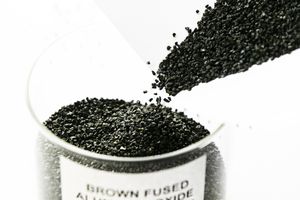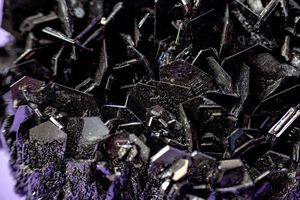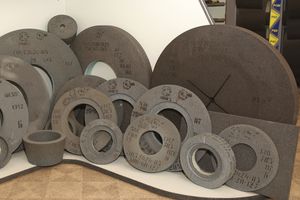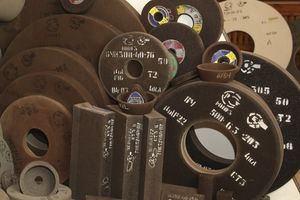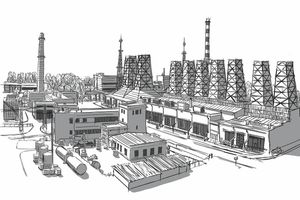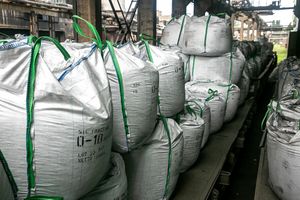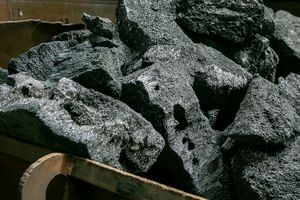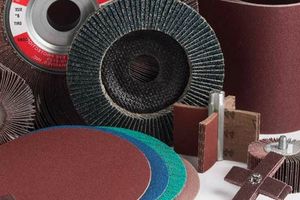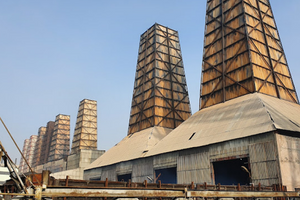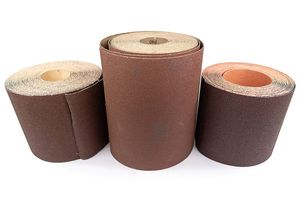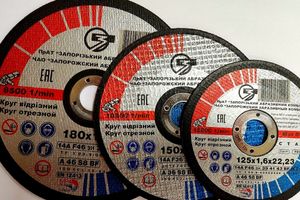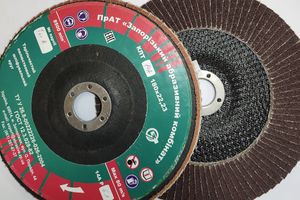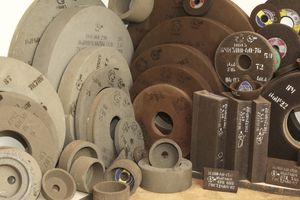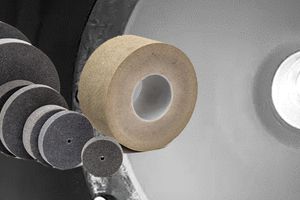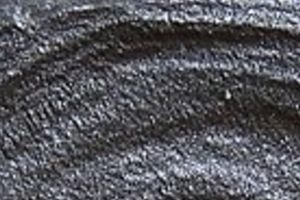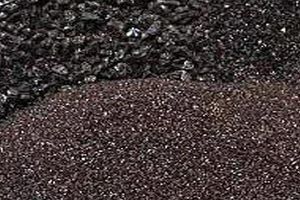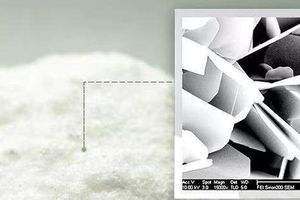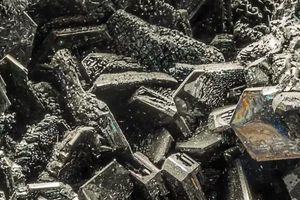The production of abrasive tools is an important component of many industries. From grinding metals to working stone and glass, abrasive tools play a key role in creating high-quality products. In this article we will look at the production process of abrasive tools, the materials used, technologies and the main stages of production.
Technology and Innovation
Leading abrasive tool manufacturers are constantly introducing new technologies and innovations to improve the performance, accuracy and durability of their products. It includes:
Development of new materials: Leading manufacturers are exploring new materials such as ceramics, diamonds, cubic boron nitride and others to create more efficient abrasive tools with increased performance and durability.
Application of Nanotechnology: Nanotechnology is used to create more precise and uniform abrasives, which allows for higher precision and quality surface finishes.
Use of computer modeling and data analysis: Manufacturers use computer modeling to optimize design and manufacturing processes, as well as data analysis to continuously improve product quality and production efficiency.
Industry Trends
There are several key trends currently observed in the abrasive tools industry:
Environmental sustainability: Manufacturers are increasingly paying attention to the environmental sustainability of their products, seeking to minimize waste and use more environmentally friendly materials and production processes.
Automation and Digitalization: With the advancement of automation and digitalization of production processes, abrasive tool manufacturers are implementing automated control and monitoring systems to improve production efficiency and accuracy.
Personalization and Customized Solutions: As customer needs evolve, manufacturers are becoming more flexible and offering customized solutions and personalized services to meet each customer's unique needs.
Abrasive tool manufacturers play an important role in various industries by providing the necessary tools to process materials with high precision and efficiency.
Abrasive Tools Manufacturing Process
1. Selection of materials
The manufacturing process of abrasive tools begins with the selection of suitable materials. The main components of abrasive tools include abrasive grains, binders and reinforcing additives. Abrasive grains can be made from various materials, such as aluminum oxides, silicon carbides or diamonds, depending on the required tool characteristics.
2. Mixing and shaping
Once the materials are selected, they are mixed in appropriate proportions and subjected to the molding process. This may involve pressing the mixture into special shapes or producing abrasive wheels and discs using casting or extrusion.
3. Firing and calcination
After shaping, abrasive tools undergo firing or calcination processes to give them the required strength and hardness. This is an important production step that determines the final characteristics of the tools.
4. Processing and surface treatment
After firing, abrasive tools go through machining and finishing processes, including grinding, cutting and polishing. This is necessary to remove excess material, give the tools the desired shape and surface, and improve their quality and performance.
5. Testing and quality control
The last stage of production includes testing and quality control of finished abrasive tools. They undergo various tests to ensure they meet quality and safety standards. This includes checking dimensions, hardness, strength and other characteristics.
Modern technology and innovation play an important role in the production of abrasive tools. Manufacturers are constantly introducing new methods and technologies to improve the quality and performance of their products. This includes using computer modeling to optimize tool design, using nanomaterials to create more precise and efficient abrasives, and automating manufacturing processes to increase efficiency and reduce costs.
The production of abrasive tools is a complex and multi-step process that requires high precision, technological excellence and quality control. With the constant development of new materials and technologies, abrasive tool manufacturers will continue to improve their products and make contributions to various industries.











